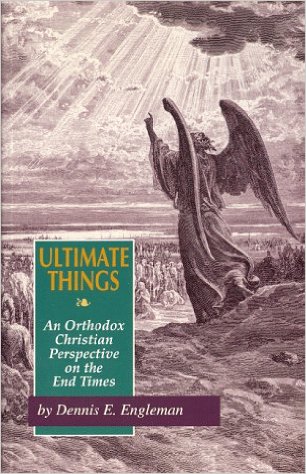First Things | Michael Novak | Jan. 2, 2009
Human liberty depends on an accurate grasp of the human condition, not as we might like it to be, but as it is: “The truth shall set you free.”
Let us suppose, for instance, a situation in which truth is rendered servile by some contemporary enthusiasm. If truth is held captive by a powerful force of attraction, can the human beings who live under that force ever find a way to liberty? Only by luck, great courage, and long perseverance.
During the past hundred years, ideologies have often trumped the unimpeded search for truth. Here is where the sentence from Orwell becomes pivotal. “In a time of universal deceit, telling the truth is a revolutionary act.” [Read more…]

